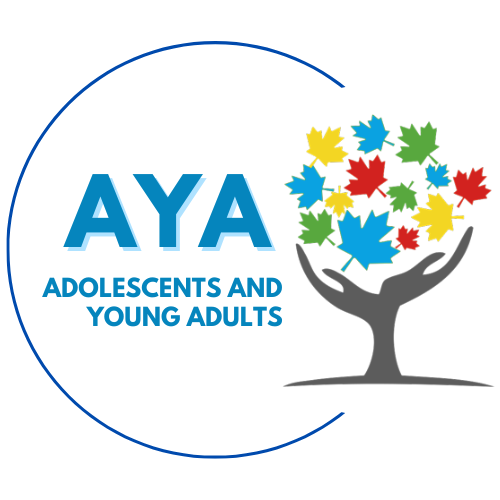Go to Health Care Provider version
| Diagnosis | Glioblastoma | Study Status | Open |
| Phase | I |
| Age | 18 Years and older | Randomisation | NO |
| Line of treatment | First line treatment, Disease relapse or progression |
| Routes of Treatment Administration | Drug: RO7428731, intravenously (IV) |
| Last Posted Update | 2024-06-21 |
| ClinicalTrials.gov # | NCT05187624 |
International Sponsor
Hoffmann-La RochePrincipal Investigators for Canadian Sites
Princess Margaret Cancer CentreCentres
Study Description

A clinical trial to look at how safe and tolerable the drug RO7428731 is at different doses, how the body processes it, and if there are any early signs of treatment efficacy of RO7428731 in patients with glioblastoma that has the marker EGFRvIII
Via: Clinical Trial – Glioblastoma – Safety, Tolerability, Pharm... (roche.com)
Inclusion Criteria
- Diagnosis of glioblastoma with a tumour expression called EGFRvIII
- Must have completed standard of care therapy prior to joining this study
- Must be up and about at least 70% of their waking hours
- Adequate organ functions prior to start of study treatment
- Willingness to abide by contraceptive measures for the duration of the study.
Other inclusion and exclusion criteria may apply and will be discussed with you by the study team